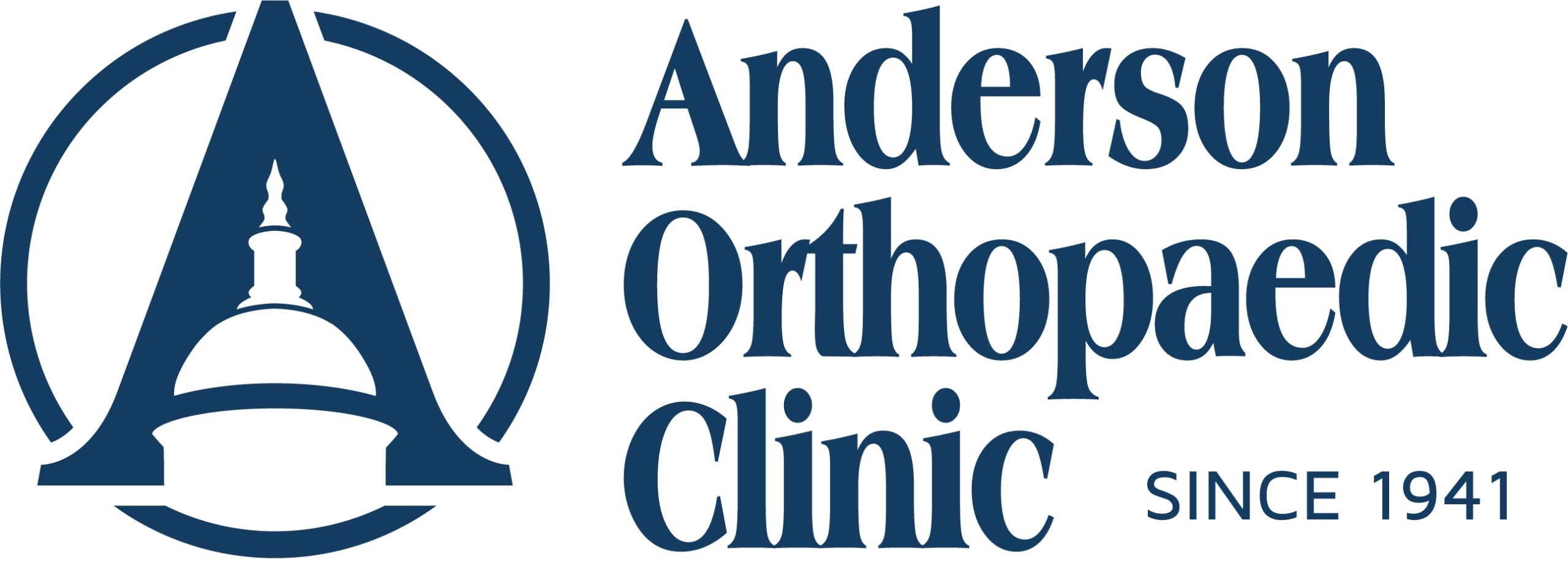Treatment for Herniated Discs in the DMV
What Is a Herniated Disc?
A herniated disc refers to a problem with one of the discs that sit between the individual vertebrae that stack to make up your spine. The spinal disc is soft and jelly-like and encased inside of a harder rubber-like exterior. Specifically, a herniated disc is a condition where the inside of the disc is forced out through the exterior layer and may irritate a nearby nerve. Depending on the location of the herniated disc, it can cause serious pain or numbness in your arm or leg.
Seeking effective herniated disc treatment? Consult with Talal Ghazal, MD, our renowned interventional pain specialist, for expert care. Book your appointment by calling (703) 892-6500
What Are the Symptoms?
Although most people with herniated discs experience pain in their lower back, the pain can also occur in your neck, arms, and legs. Signs and symptoms typically depend on where the herniated disc is positioned and whether or not the disc is pressing against a nerve.
Here are some of the most common symptoms of herniated discs:
- Arm Pain or Leg Pain– If your herniated disk is in your lower back, you’ll typically feel the most pain in your buttocks, thigh, and calf. This pain might shoot into your arm or leg when you cough, sneeze, or move into certain positions.
- Numbness or Tingling Feeling-People with a herniated disc often experience numbness or tingling as a result of compression on the spinal nerves. This numbness or tingling often travels in distinct patterns called dermatomes, which represent the region of the body to which the nerve supplies sensory or motor signals.
- Muscle Weakness– Muscles can also be affected by a disc pressing against a nerve. Some people experience difficulty when holding or lifting items or stumbling when they walk.
There are even instances where you may have a herniated disc and not show any symptoms. In this case, you probably wouldn’t know you have it unless you get a spinal image taken. This is why it’s important to have regular appointments with Dr. Ghazal
to discuss your spine health and any pain you may be experiencing.
What Causes a Herniated Disc?
Herniated discs are most often caused by a normal aging wear-and-tear condition called disc degeneration. As you age, this disc becomes less flexible and more likely to rupture or tear with minor strains.
Because of this, many people can’t identify the exact cause of their herniation sometimes, it’s as simple as using your back muscles to move a heavy object rather than your legs. Other times, a traumatic event may be the cause such as falling on your back.
What Risk Factors Can Lead to a Herniated Disc?
Here are the factors that can lead to a herniated disc:
- Occupation– People with physically demanding jobs where they lift and move heavy objects are also at a greater risk of having a herniated disc.
- Weight– Excess body weight causes stress on the discs in your spine.
- Genetics– If you have a family history of herniated discs, you may be more likely to get one due to a genetic predisposition.
Smoking– Doctors believe that smoking lessens the oxygen supply to the disc, causing it to deteriorate more quickly.
Schedule Your Appointment for Herniated Disc Treatment in the DMV
If you are looking for relief from your herniated disc pain near the DMV area, please contact Anderson Orthopaedic Clinic today at (703) 892-6500

